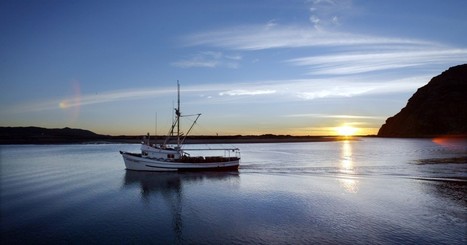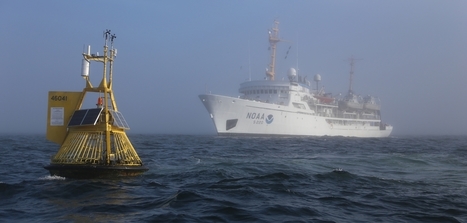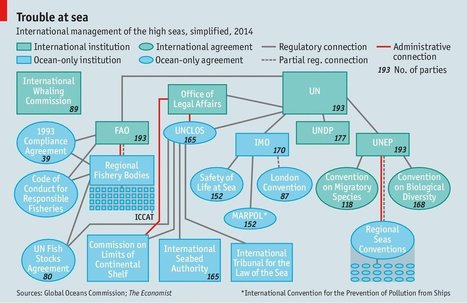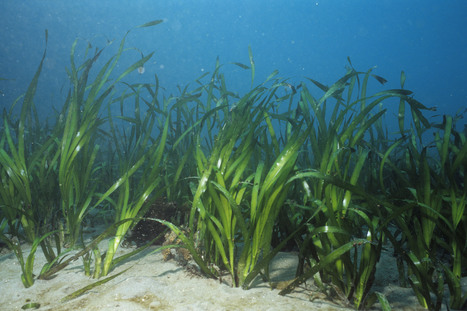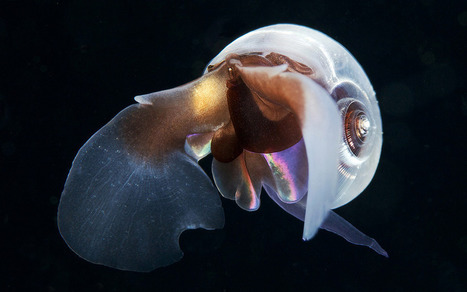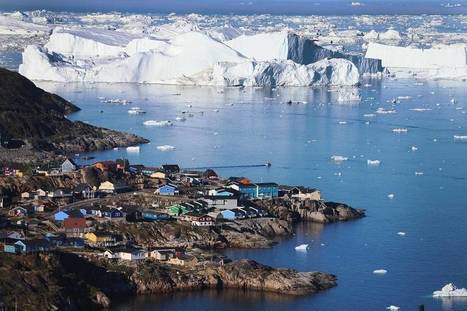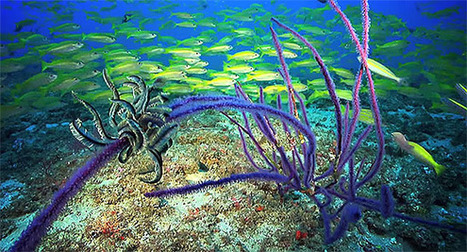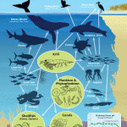The coral reefs of the world are in serious danger. A recent scientific report on corals in the Caribbean Sea, for instance, found that coral cover declined from 34.8 percent to 16.3 percent from 1970 to 2012. One of the chief threats to corals is climate change. Not only do warmer waters stress the species, leading to bleaching events like the one pictured above. Climate change provides a double blow to corals because it also brings on ocean acidification, driven by increasing concentrations of carbon dioxide (caused by the burning of fossil fuels) dissolved in seawater. As sea waters acidify, corals have a harder time producing calcium carbonate, which is crucial to reef formation. That’s why, in the latest issue of Proceedings of the National Academy of Sciences, a group of researchers from the Australian Institute of Marine Science and the Hawaii Institute of Marine Biology now tentatively propose something that they admit is “extremely novel” in conservation circles. Namely, they suggest that humans may need to intervene in the breeding of corals so as to “assist” their evolution. Such “anthropogenically enhanced” corals may survive better, the researchers suggest, in a world of warming and acidifying seas. Moreover, this “environmental engineering” may be necessary as a last-ditch effort since, to be blunt, climate change is proceeding so fast — with so much change already locked in — that there may be no other choice.
So what are they planning to do? This is genetic alteration, to be sure — evolution always is — but it is not what we typically think of as genetic engineering. “Although the development of GMO corals might be contemplated in extremis at a future time, we advocate less drastic approaches,” notes the study. “They’re not proposing Frankenstein coral,” stresses Nancy Knowlton, a marine scientist at the Smithsonian Institution who edited the paper. Rather, “assisted evolution” entails a series of strategies that are perhaps best likened to the domestic breeding of anything from dogs to cows to pigeons to change their attributes. Charles Darwin called it “artificial selection,” as opposed to natural selection, which usually plays out over much longer periods of time. For corals, here’s how it might work. The researchers propose a number of strategies, some affecting corals and some affecting the communities of microbes that live with them in a symbiotic relationship….
The question you should be asking yourself right now is: How did it come to this? The answer — plain and simple — is our “rapidly changing ocean,” as the researchers put it. If it comes down to choice between losing corals or trying new things, it appears that at least some scientists would probably prefer the latter. After all, coral reefs aren’t just gorgeous — they support a huge amount of fish life and are also critical to local economies. According to the National Oceanic and Atmospheric Administration, coral reefs contribute $9.6 billion in benefits from the way that they support tourism, and another $5.7 billion due to their contribution to fisheries. So no wonder scientists want to save them, even by unconventional means. We need, the researchers conclude, to consider building up a “biological tool box now” — in case we have to use it later.
It's not genetic engineering. But in conservation circles, it's still pretty radical.
 Your new post is loading...
Your new post is loading...
 Your new post is loading...
Your new post is loading...





